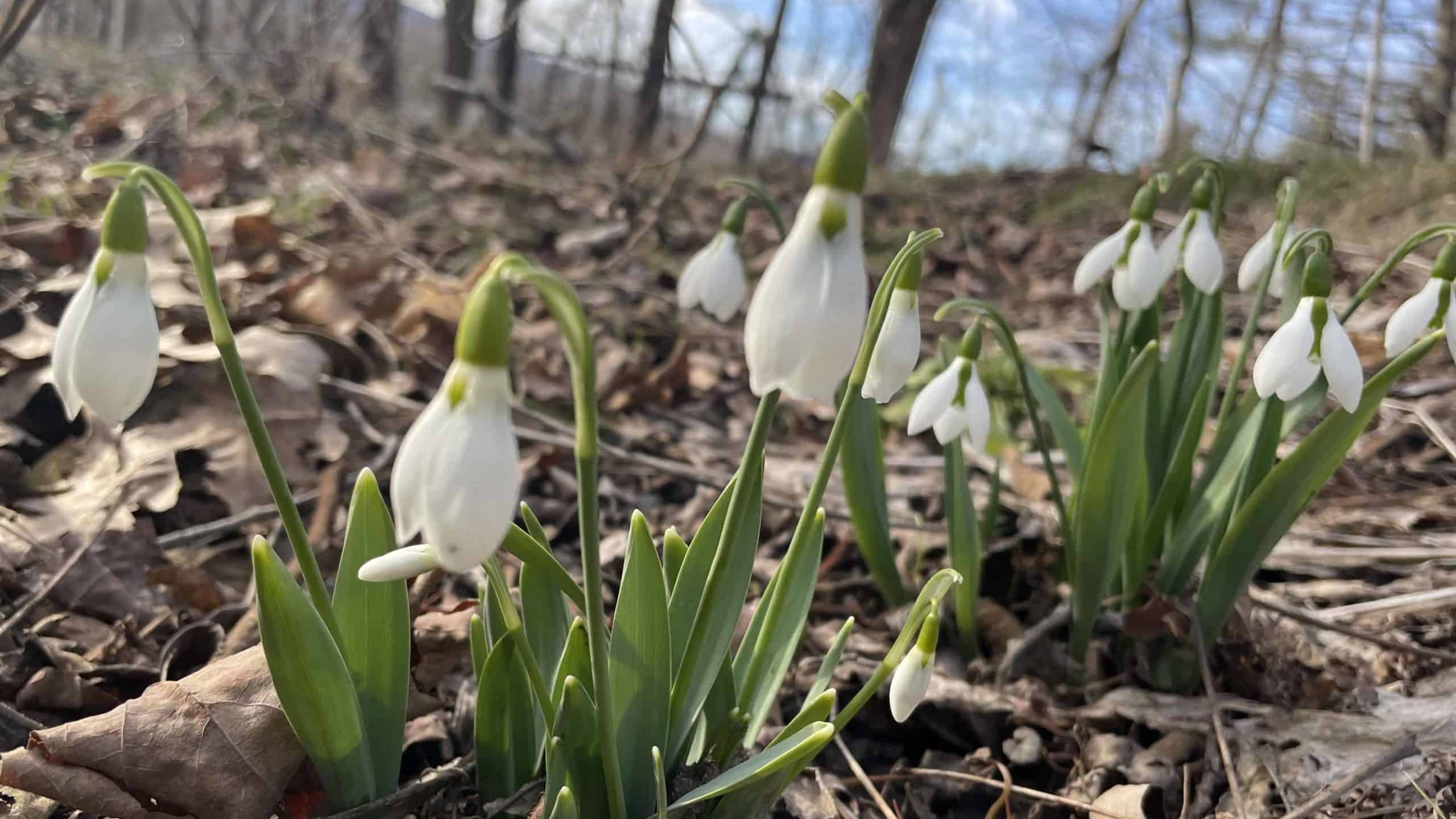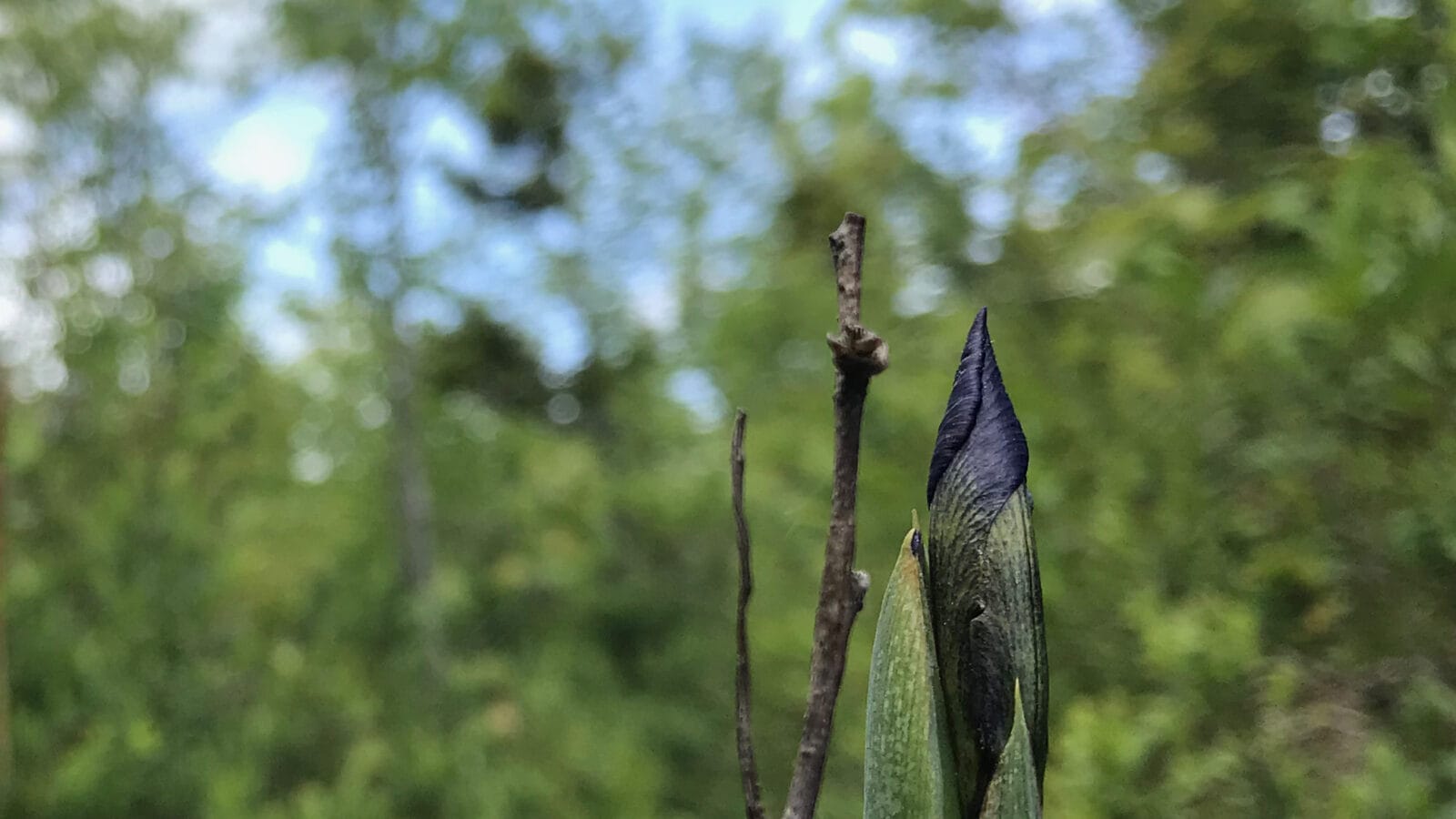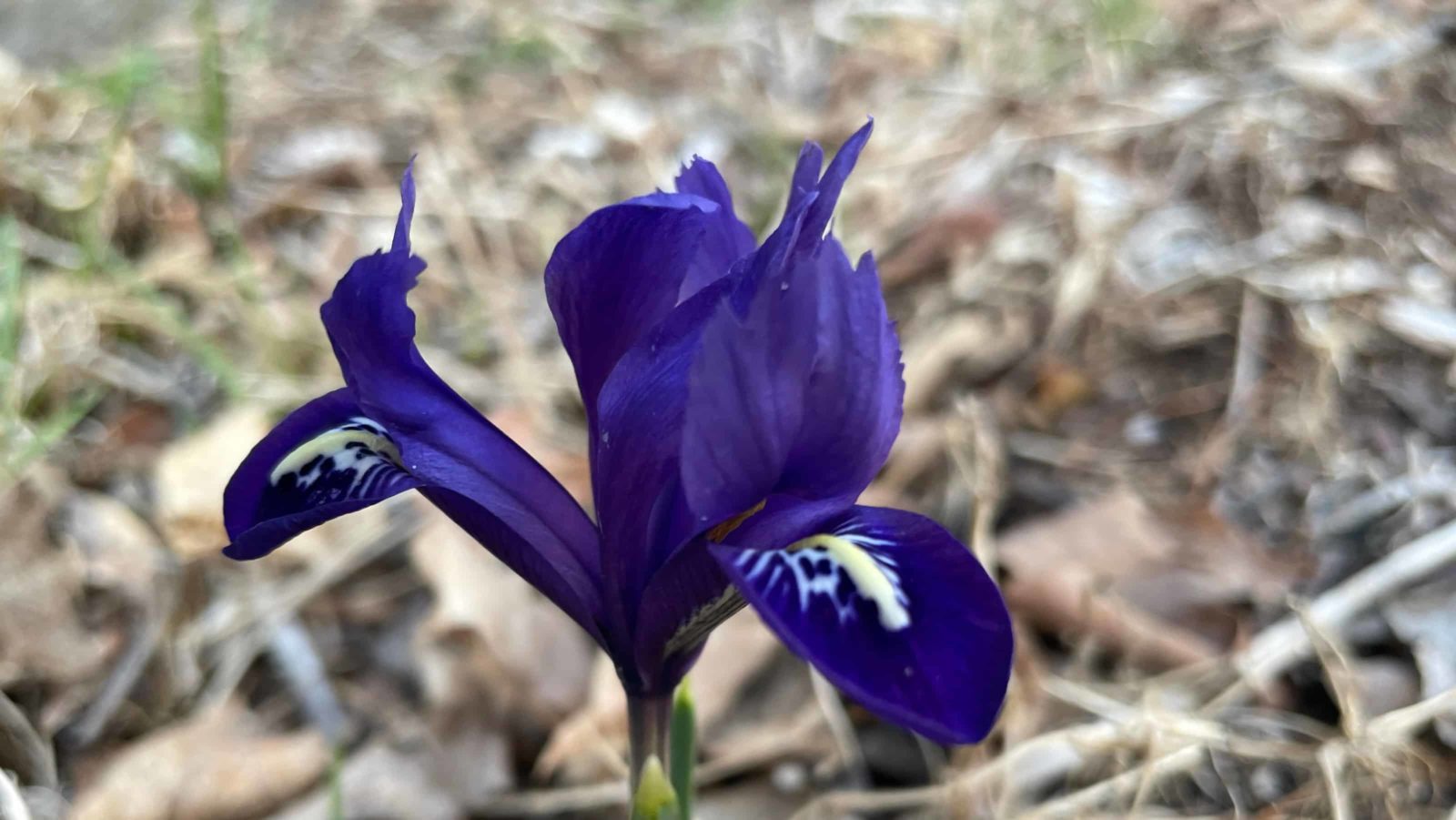She wrote days on the edge of thaw. She spoke in the voices of the earliest ephemeral wildflowers. They move out of the earth in the sleet, and new petals shake in a wind as high as a mountain. And they become oracles.
An iris hones a point like the spears of deep evening blue in Hawley Bog:
‘You who do not remember
passage from the other world,
I tell you I could speak again.’
Tonight the words hold a new weight. This week Williams College is remembering Louise Glück with warmth and sadness. She taught for close on 20 years here, before she joined the faculty at Yale in 2004 and continued there most of 20 years more. In 2023 she was appointed a professor of English at Stanford University
In the rising arc of her writing, she has won many of the highest awards for them in the country and beyond — the Pulitzer Prize, the National Book Award, U.S. Poet Laureate and, in 2020, the Nobel Prize for Literature.
She has become known for her clarity, a keen sadness and rare vivid flashes of hope.
‘… I didn’t expect
to waken again, to feel
in damp earth my body
able to respond again, remembering
after so long how to open again …’

Snowdrops open on a spring afternoon, even before the frosts end.
Snowdrops are speaking here in The Wild Iris, the book for which she won the Pulitzer Prize. She wrote those poems in Williamstown and published them four years before I came here. (Her next book, Meadowlands, was newly emerging as I walked into her classroom.)
I remember her care with every word. When she talked about a poem, each word meant something. Each one was worth our attention. She made us aware of the strength and pleasure of versatility — she showed us the beauty in clear, spare language, the force in a detail, the depths you can only see and feel when you can chart your feeling precisely, even when most of your mind remains a mystery.
In her work she can survey precise landscapes of pain. In conversation, I remember her with humor and grace. She could be blunt and candid. She would give concrete responses to her students’ work. And in my memory, her workshops grew an aware and responsive laughter. I can still remember lines from my classmates. A coyote reveled in fierce sensory pleasure in hunting at night. A summer camper named the cockroaches in her cabin with wry humor.
‘I didn’t expect
to waken again, to feel
in damp earth my body
able to respond again …’ — Louise Glück in The Wild Iris
Louise Glück was one of my first professors at Williams. It’s a footnote for her in her 20 years of teaching there, but her class was a landmark for me.
I remember the first poem I wrote for her — in the first week of the first semester, about the first days hike, because my experience of college was ephemeral itself. I didn’t have the words for it then, but I was trying to write about the way the world was opening outward.
about us halfway up Berlin Mountain, waking up to a new time of life. Halfway into the second day, we and looked around at each other, and the small talk paused. The easy surface commentary on sports and Friends episodes. People looked around and said …
I want to study physics. I sang in Pippin.
Some of that candor and exploration and stumbling excitement, I felt in her workshop. I came in aching to learn how to write. In high school, writing teachers had only told me what they thought I did well, and I wanted to know how to grow.

A wild iris buds in Hawley Bog.
At the end of the semester all of us gathered in a dorm living room, sharing cider doughnuts. She asked us to bring a poem we loved and read them out loud. Someone started Lewis Carol’s Jabberwocky from Through the Looking Glass — and the whole room joined in from memory and spoke the whole poem all the way through. And I thought these are my kind of people.
Tonight, 28 years later, reading her poems, I hear her grief and feel a magnetic pull toward renewal.
Her young bulbs tell me to feel the risk they take, germinating, cracking open leaf buds, sending the first shoot above the protection of the earth. I want to thank her for that kind of clarity, and for reminding me the precise flavor of the courage it takes to keep a green core alive through the winter and come into the world again
‘… in the cold light
of earliest spring —
afraid, yes, but among you again
crying yes risk joy
in the raw wind of the new world.’

